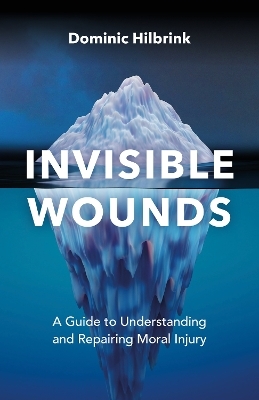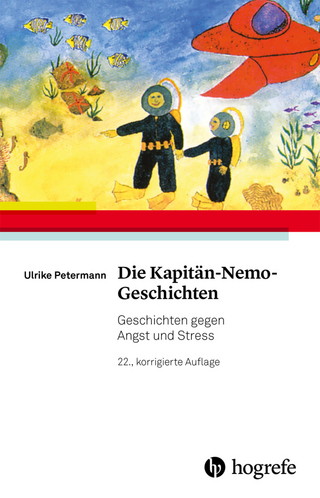
When Good People See Bad Things
Trigger Publishing (Verlag)
978-1-83796-244-0 (ISBN)
What is moral injury?
Unlike post-traumatic stress disorder, which can occur following a threat-based trauma, moral injury is an injury to an individual’s conscience and values. These moral dilemmas or traumas can result in intense guilt and shame.
Many people who face trauma struggle to make sense of their experiences. Mental health and diagnostic systems have traditionally focused on threat and fear reactions, neglecting the impact of challenges to one’s core moral values and a broad swathe of trauma experiences that do not fit the traditional view.
Dominic Hilbrink’s Invisible Wounds reaches into the lived experience of moral injury to explain a broader and more inclusive range of trauma for people from many different walks of life. He distils two decades of clinical work, shining a light into the darkness of deeply troubling feelings of horror, betrayal, injustice, anger, embitterment, shame and guilt. With plain language and relatable, human stories, it points the way out of the darkness for those who are suffering and those who care for them.
While much attention and research has focused on moral distress in veterans returning from war, this book is unapologetically inclusive, speaking for the first time to a broad range of people who are exposed to moral challenges, including those in the military, law enforcement and emergency services, as well as frontline medical staff, educators, refugees, and First Nations and other marginalized groups.
Hilbrink makes the same pledge to readers that he has made to his therapy clients for over 20 years: he’s willing to “stand in the darkness” with them. His aim in this book is not to eliminate the pain or erase the events that caused it. Rather, it is to show readers how to move from pain that isolates to pain that motivates a way of living that honours the values hurt by morally injurious events.
Dominic Hilbrink is a social worker who has worked as a therapist specializing in the area of trauma for over 20 years. He has collaborated on published research on the effects of trauma and its treatment, and contributed his expertise to published volumes on traumatic stress and moral injury. For many years, he worked as the clinical lead in Australia’s first and longest-running treatment program for occupational trauma and PTSD, where he developed a comprehensive model of traumatic stress that addresses the complexity and often under-recognized sources of injury to improve mental health and quality-of-life outcomes for veterans, first responders and others. In his current role for a non-profit organization, he draws on his experience of treating psychological injuries to inform innovative wellbeing, resilience and preventative health programs for first responders.
| Erscheinungsdatum | 20.02.2024 |
|---|---|
| Zusatzinfo | Diagrams |
| Sprache | englisch |
| Maße | 139 x 215 mm |
| Themenwelt | Sachbuch/Ratgeber ► Gesundheit / Leben / Psychologie ► Krankheiten / Heilverfahren |
| Sachbuch/Ratgeber ► Gesundheit / Leben / Psychologie ► Psychologie | |
| Geisteswissenschaften ► Philosophie ► Ethik | |
| Geisteswissenschaften ► Psychologie ► Angst / Depression / Zwang | |
| Geisteswissenschaften ► Psychologie ► Arbeits- und Organisationspsychologie | |
| ISBN-10 | 1-83796-244-8 / 1837962448 |
| ISBN-13 | 978-1-83796-244-0 / 9781837962440 |
| Zustand | Neuware |
| Haben Sie eine Frage zum Produkt? |
aus dem Bereich


